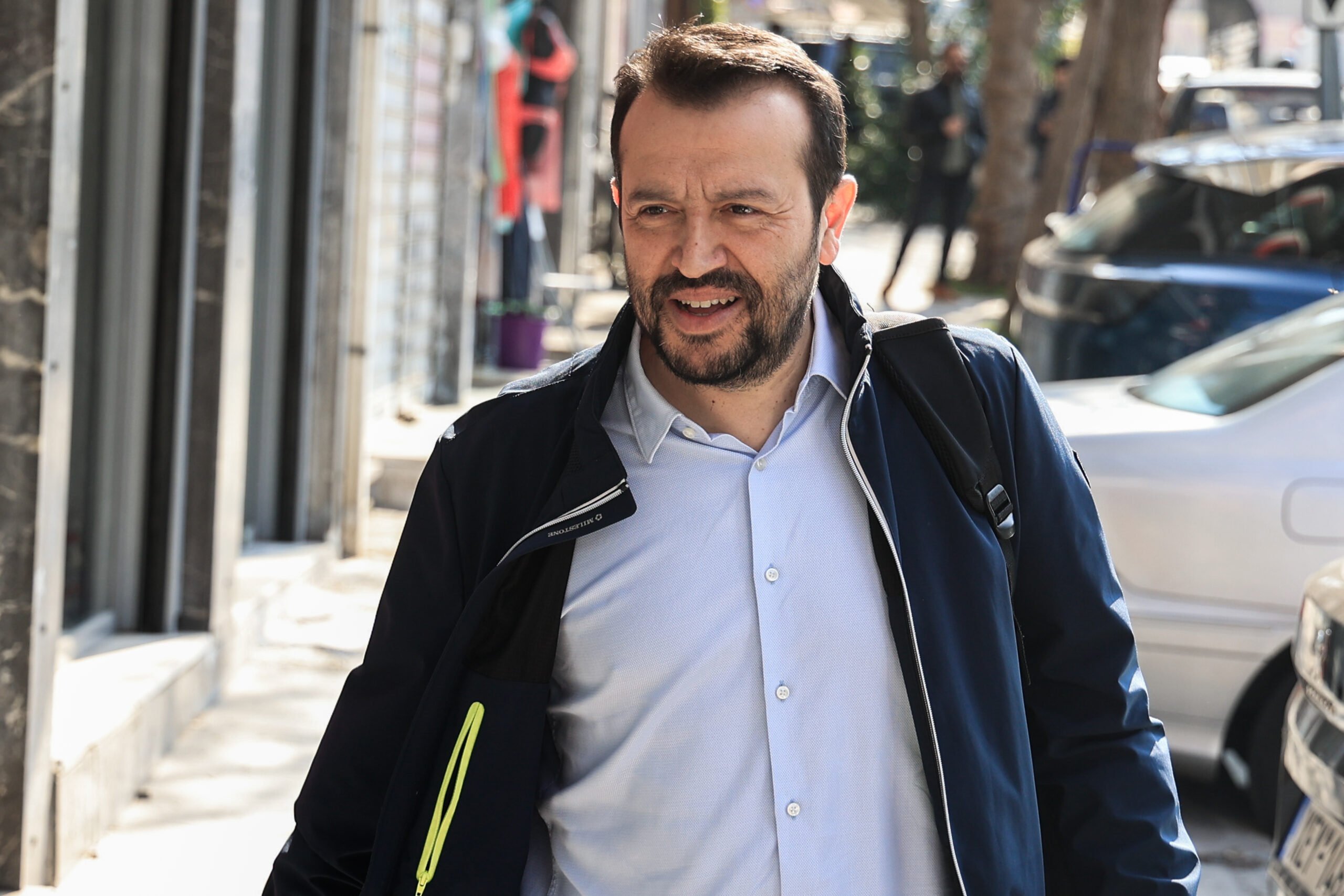Jean-Claude Juncker wins centre-right backing in bid for top EU job
Former Luxembourg prime minister Jean-Claude Juncker, a fixture of European politics for the past 25 years, won the backing of Europe’s centre-right parties on Friday to be their candidate for European Commission president.

Former Luxembourg prime minister Jean-Claude Juncker, a fixture of European politics for the past 25 years, won the backing of Europe’s centre-right parties on Friday to be their candidate for European Commission president.
Former Luxembourg prime minister Jean-Claude Juncker, a fixture of European politics for the past 25 years, won the backing of Europe’s centre-right parties on Friday to be their candidate for European Commission president.
Juncker, who lost office last year after 18 years as prime minister, beat French rival Michel Barnier, the EU’s regulation chief, to become the European People’s Party (EPP) top candidate for the European Parliament elections in May.
A first tally of votes among EPP delegates, including German Chancellor Angela Merkel, at a party congress held in Dublin, showed Juncker securing 382 votes to Barnier’s 245.
It puts Juncker, 59 and one of the region’s most-experienced deal brokers, in contention for the EU’s most influential job, with oversight on legislation affecting 500 million Europeans.
While Juncker is a consummate dealer in the world of Brussels and European politics, he is also a divisive figure. As chairman of the Eurogroup of eurozone finance ministers during much of the region’s debt crisis, he once said it was necessary sometimes to lie and said he favoured «secret, dark debates».
A strong believer in Europe and federalism, he has tempered some of his positions to win over more of the EPP, including Merkel, with whom he has not always seen eye-to-eye.
Juncker will now go head-to-head against Socialists and Democrats candidate Martin Schulz and Liberals candidate Guy Verhofstadt for the Commission presidency.
Whichever group comes top in the European Parliament elections – and polling at this point suggests it will either be the Social Democrats or the EPP – will have first dibs on trying to secure parliamentary backing to be Commission president.
However, the decision also depends on the EU’s 28 leaders backing the person for the Commission. While Juncker may get support from many of the leaders with whom he shared a negotiating table for nearly two decades, others, such as Britain’s David Cameron, are not fans.
A new Commission president – replacing Jose Manuel Barroso, who has held the post since 2004 – will assume office for five years from November. The Commission has principle responsibility for proposing EU legislation and takes the lead in trade negotiations and in coordinating foreign policy.
Choosing a lead candidate for Europe’s main political groups is aimed at making the vote more relevant to citizens, who have turned out in steadily fewer numbers to vote in European Parliament elections since the first were held in 1979.
ολες οι ειδησεις
- Χαμός μεταξύ Αντώναρου – Στέφου στην εκπομπή One Talk: «Είστε ακροδεξιός» – «Γίνατε Συριζαίος της πλάκας τώρα στα γεράματα»
- Γάζα: Άγριο λιντσάρισμα σε πατέρα ομήρου της Χαμάς (Πολύ σκληρό βίντεο)
- Δημοσκόπηση Metron Analysis: Αυτές είναι οι «κίτρινες κάρτες» για την κυβέρνηση – Σαρώνουν εγκληματικότητα και διαφθορά
- Europa Conference League: Δεν τα κατάφερε ο ΠΑΟΚ – Γνώρισε δεύτερη ήττα στην Τούμπα από την Μπριζ και είπε αντίο στη διοργάνωση (Βίντεο)
Ακολουθήστε το Newpost.gr στο Google News και μάθετε πρώτοι όλες τις ειδήσεις
Δείτε όλες τις τελευταίες Ειδήσεις από την Ελλάδα και τον Κόσμο, στο Newpost.gr








